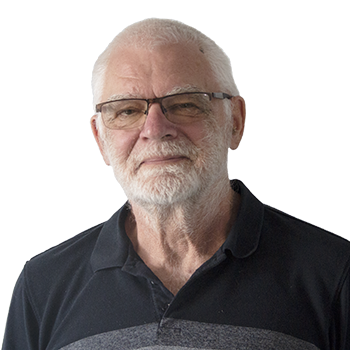The past weeks of trying to sift through the rhetoric that is being used to describe the Israel/Hamas conflict has been confusing to say the least. As various vested interests try to control the narrative, try to justify, try to capture global opinions and emotions, I’m further conflicted by various stories that rise up from my own past, stories that try to guide me to a personal response, but again, end up in that same vat of confusion.
Is there any learning that can be teased from it all?
In 1993, I travelled with an organization, then known as Christian Peacemaker Teams, (CPT) and since renamed Community Peacemaker Teams, to Haiti. At that time, Haiti was engaged in a bitter and bloody upheaval, (deep sigh) and CPT claimed a mandate of offering a nonviolent presence to difficult realities, and to hopefully increase global awareness of the injustice on the ground. I was part of a small team assigned to a village in a rural area with the mandate to see, and to be seen. We spent time in the company of the village priest, who was deemed at risk. We spent time in the village market, noting happenings there.
One day, we encountered a group of armed and uniformed men putting the boots to a captive they held. We approached. When an armed man turned to us, our interpreter disappeared, rendering communication impossible. The man screamed at us and gestured for us to move on. In the years and decades I’ve had to dissect the lessons of those traumatic seconds, it has become clear that the peacemaking that feels genuine must respect the reality of the man with the rusty old rifle, as well as the man at the brunt of the violence. Somehow, my energy, and my witness, must be offered to both.
A decade later, I found myself in Winnipeg, engaged in a formal non-violence training session with the same organization, CPT. After several weeks of intense learning and listening, I learned that our final day was to be spent in a protest at the Manitoba Legislature, decrying a hydro project in northern Manitoba which seemed at odds with the wishes of the communities that surrounded it. I was again conflicted. It felt artificial to me. I was from another jurisdiction, was not a tax payer, had done no independent research, had spent no time listening, building relationships, gazing into faces. To their credit, CPT managers struggled to define a role that I could enter with integrity.
These days, I scroll through the contact list on my phone and note, with amusement, the numbers of released offenders that appear there. There are dozens. They are my friends. I’m reminded that in thirty-five years of walking in that community, the most effective way to help in rebuilding lives, the most effective way of contributing to community safety, is simply to build relationships. When a broken person dares to engage the concept that they are worthy of relationship, they will begin to live into that. The world gets a little less violent, the vulnerable can claim a larger slice of who they are called to be. Additionally, I get some really cool friends who have walked roads that I have not, with stories I haven’t known.
As these disjointed glimpses flicker through my mind like a century old film clip, I add the realization that every situation of violence, whether overt or covert, whether physical or emotional, every example hides within untruth, attempts to manage the narrative in ways that are most advantageous. That’s certainly the nature of conflict at all levels. I think of the Russia/Ukraine debacle, of warring factions in Africa, in violence, that comes closer to home. What are the stories in my life, in yours, that will equip us to move toward those hard realities with integrity? How have we prepared ourselves to walk past the headlines screaming for our outrage, how will we save some of that emotional energy for compassion, for looking into faces, for listening, for affirming? How can we, at whatever level is available, offer an energy for healing?
These days have offered the challenge to acknowledge the outrage and indignity that sweeps over us all, and then to deliberately move toward compassion.


